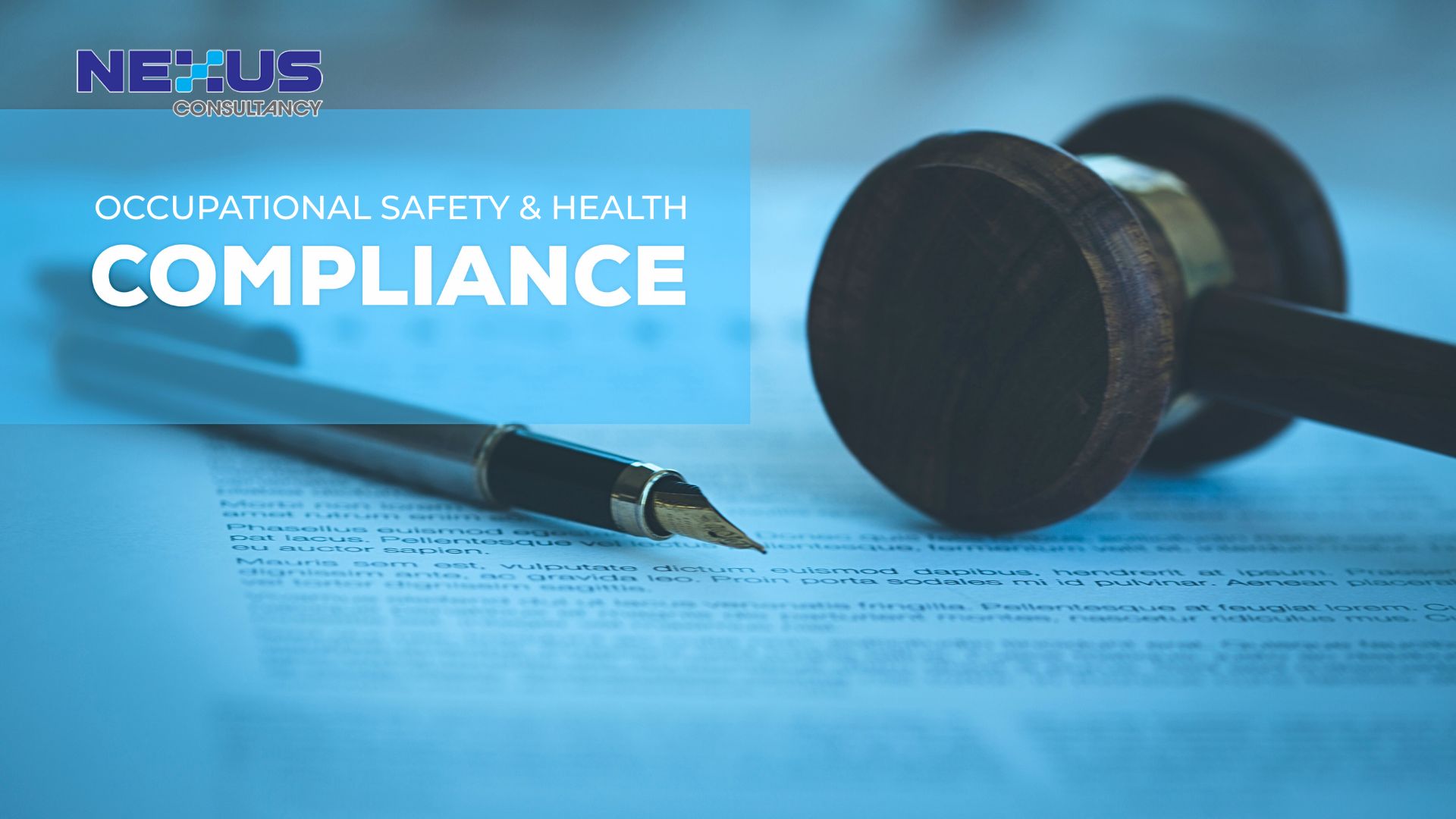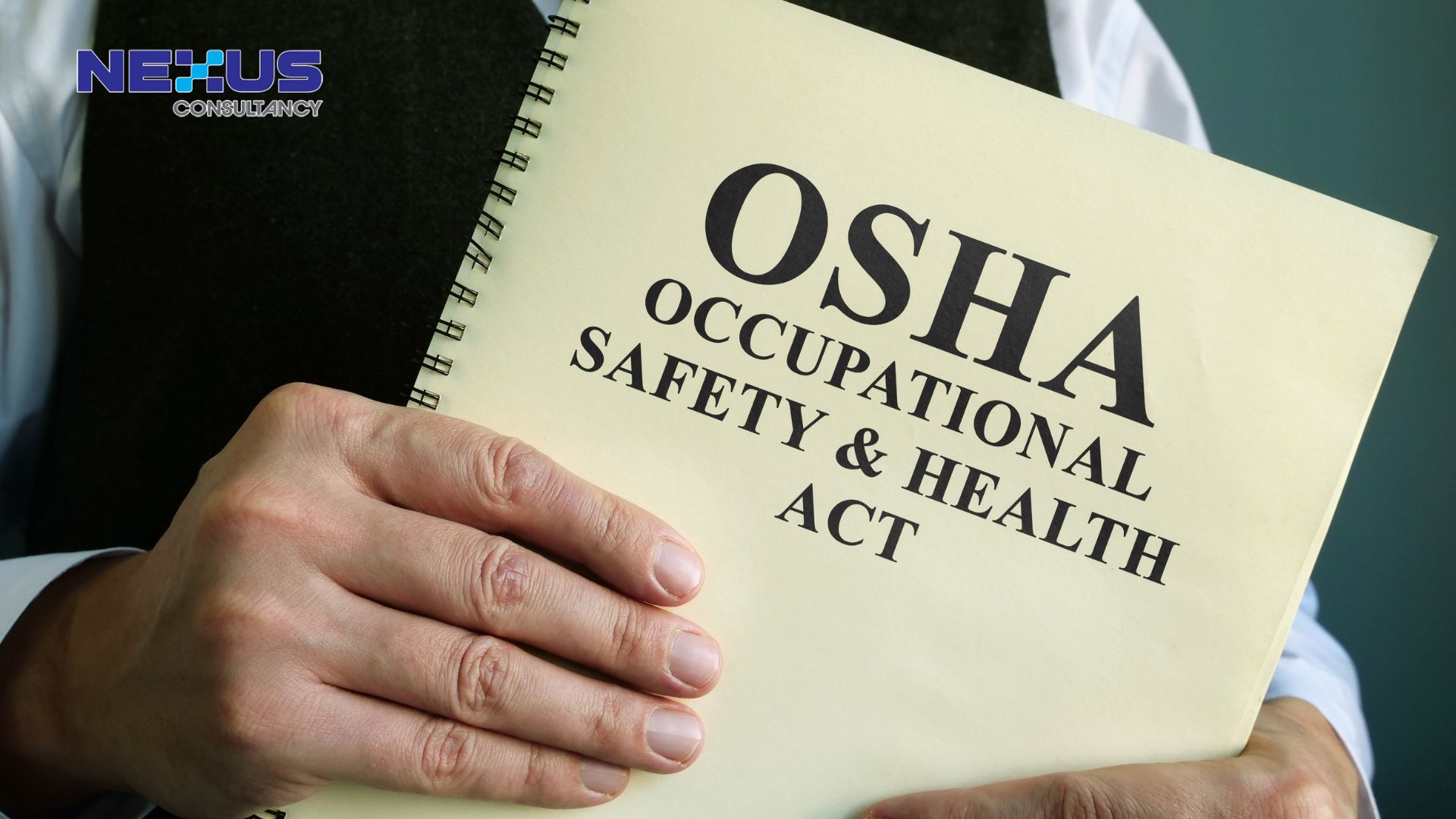
Danielle Tan
Chief Operating Officer
The ISO 14064-1 standard provides guidelines for organizations to quantify, monitor, and report greenhouse gas emissions and removals. This aims to explain the purpose and scope of ISO 14064-1, helping readers understand its importance in greenhouse gas reporting and environmental management.

The last five years have witnessed a growing corporate focus on integrating Environmental, Social, and Governance (ESG) principles into the fabric of business, embodying stakeholder capitalism. However, a question comes up: does focusing on ESG take away the limited time and resources that startups already have? Should startup founders first focus on getting their business up and running before thinking about ESG issues?
But actually, startups have an advantage over big companies here. Big companies might have to change a lot of things they already have, like their stuff, products, and how they do things, to fit with ESG. Startups, on the other hand, can start with ESG ideas right from the beginning, saving them from having to redo things later. And this can help them quickly find the right customers for their products without getting off track.
Limited Resources: SMEs often don’t have as much money or other resources as big companies do. This can make it hard for them to do things that are good for the environment and society.
Lack of Knowledge and Expertise: Also, many SMEs might not know a lot about these good things (ESG) or how to do them right.
Challenges in Accessing Financing: Sometimes, SMEs have trouble getting money to do these good things, especially if people who give money don’t think the business will make enough money back.
Information and Assistance Gaps: SMEs might not know as much helpful stuff or get as much help as big companies do, which can make it tough to do these good things.
Limited Influence: And because SMEs aren’t as big, they might not have a strong voice in their industry or group of companies they work with. This can make it tricky to do these good things that need everyone to work together.”
Getting Started with ESG for SMEs: 5 Approaches
A big reason why SMEs should care about being sustainable is that it helps them work better. When they use practices that are good for the environment, they can save a lot of money by using less energy, water, and materials. Plus, these practices can make their work smoother and more efficient, which means they can get more done and make more mon
If you are in SMEs, you can begin with ESG using these five approaches:

#1 Starting with a Sustainability Assessment
To start making their businesses more sustainable, SMEs can follow some practical steps. Firstly, they should do a sustainability assessment. This means looking at how their business affects the environment and society, finding areas to improve, and setting goals for sustainability. The Malaysian Green Technology Corporation (MGTC) has a useful tool called the Sustainability Assessment Tool for Enterprises (SATE) that can help with this. By using tools like SATE, SMEs can figure out where to focus their efforts for the biggest positive impact.
#2 Boosting Efficiency in Energy Usage
Another good idea is for these smaller businesses to use energy more efficiently. Using energy, like electricity, is one of the main things that makes pollution, and it also costs a lot. SMEs can switch to lights and equipment that use less energy, and there’s a law called the Energy Efficiency and Conservation Act 2020 that offers help and rewards for doing this. They can also think about using clean energy sources like solar panels or wind power, which helps the environment.
#3. Reducing Waste for a Greener Future
Cutting down on waste is also important for being sustainable. SMEs can do things like recycle, use less packaging, and turn organic waste into compost. This not only helps the environment but also saves money because they won’t have to pay as much to throw things away. The Department of Environment (DOE) has a guide called the Waste Management Hierarchy that shows how to deal with waste properly, starting with making less waste in the first place.

#4. Differentiating Through Environmentally-Friendly Offerings
SMEs can stand out by offering products or services that are good for the environment. This might mean using eco-friendly packaging, using local and organic ingredients, or providing services that help customers be more environmentally friendly. For example, the Malaysian Sustainable Palm Oil (MSPO) certification can help SMEs in the palm oil industry show that they’re committed to being sustainable.

#5. Engaging Employees for a Sustainable Company Culture
Getting employees involved in sustainability is also a smart move. SMEs can teach employees about being sustainable, set goals for them to follow, or encourage them to share rides or use public transport.
Conclusion
To sum it up, being sustainable is really important for SMEs in Malaysia. By adopting sustainable practices, SMEs can enjoy cost savings, an enhanced brand reputation, and access to new markets.
Source:
- https://www.cimb.com.my/en/business/business-insights/sustainable-business-insights/esg-for-sme-sustainable-business.html#:~:text=As%20an%20owner%20of%20an,and%20using%20renewable%20energy%20sources.
- https://www.linkedin.com/pulse/business-case-sustainability-malaysian-smes-benjamin-low/
-
To learn more about food safety culture, contact us to know more






